Collaborative Partnership
UAB and Tuskegee bring a history of collaboration and dedicated effort to eliminate health disparities using their complementary strengths. As a world-renowned research institution, the University of Alabama at Birmingham offers research and infrastructure, including scientists, facilities, and resources. Tuskegee has a rich history of talented researchers and educators dedicated to educational excellence and brining diverse people together.


The University of Alabama at Birmingham
UAB is a comprehensive teaching and research-intensive university with an exceptional academic medical center and health system.
Most of UAB’s research occurs within its six health science schools (Medicine, Dentistry, Health Professions, Nursing, Optometry, and Public Health) and the College of Arts and Sciences, which houses many of UAB’s basic science programs.
UAB’s research infrastructure is strengthened by its network of University-Wide Interdisciplinary Research Centers (UWIRCs), which are supported by an institutional investment of nearly $5 million per year to bring investigators from diverse departments together to work on joint projects focused on virtually all major disease research areas.
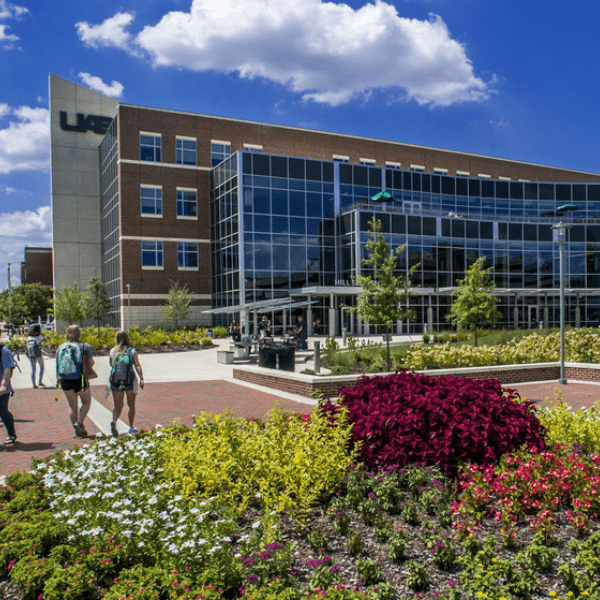
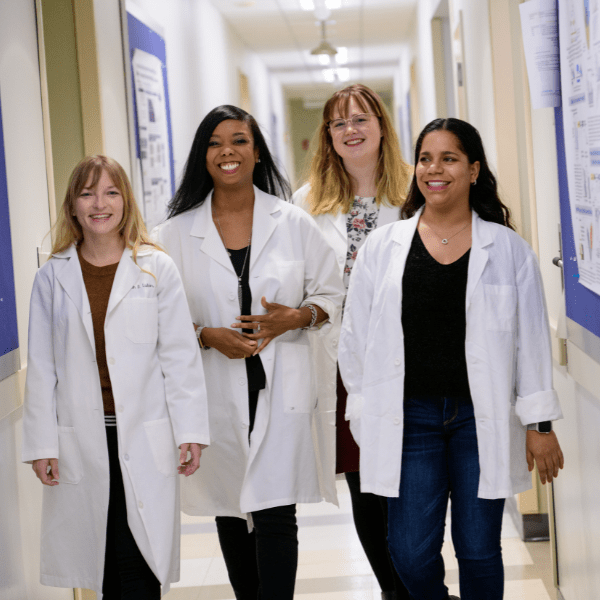

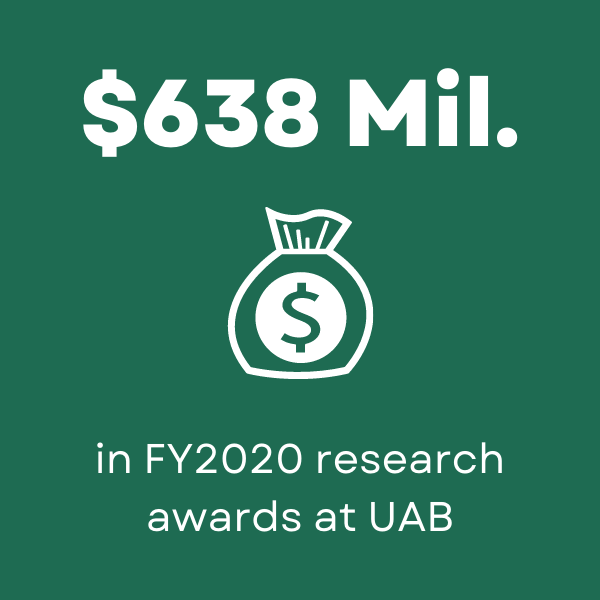

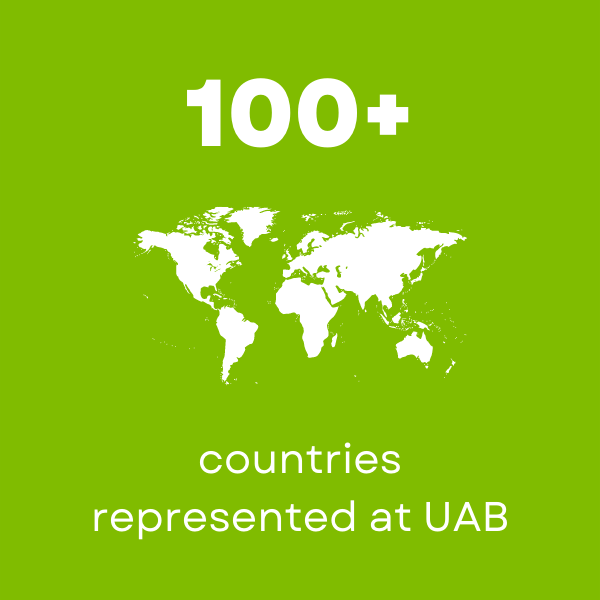
Tuskegee University
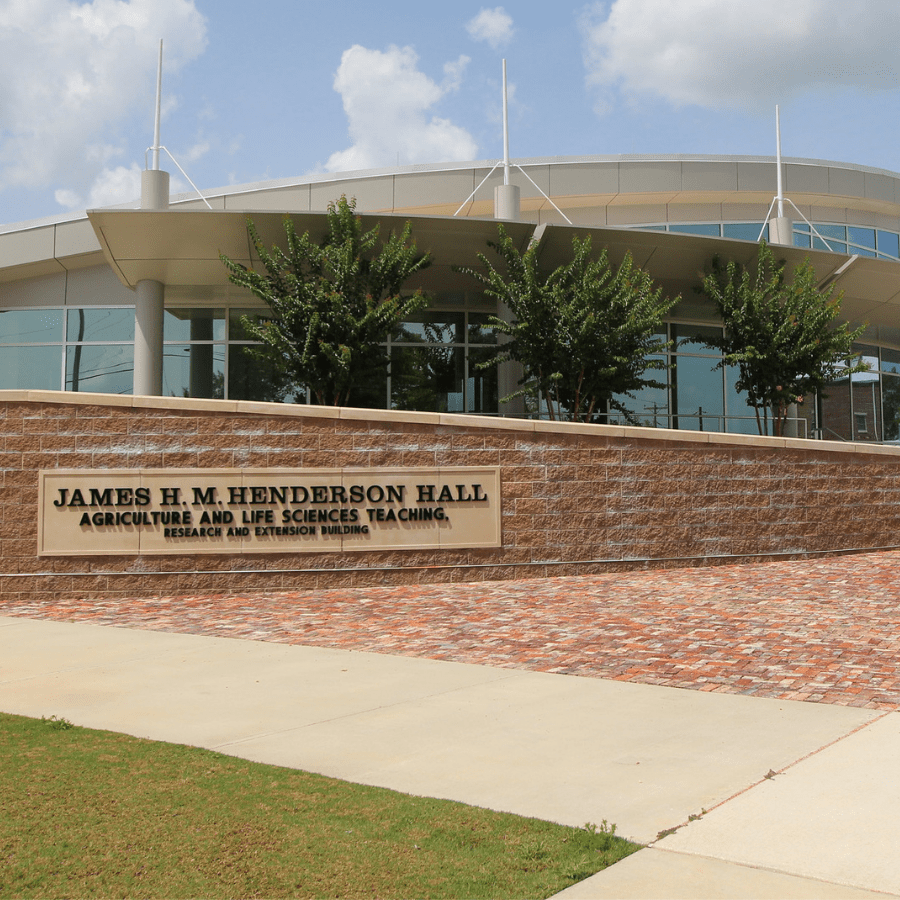
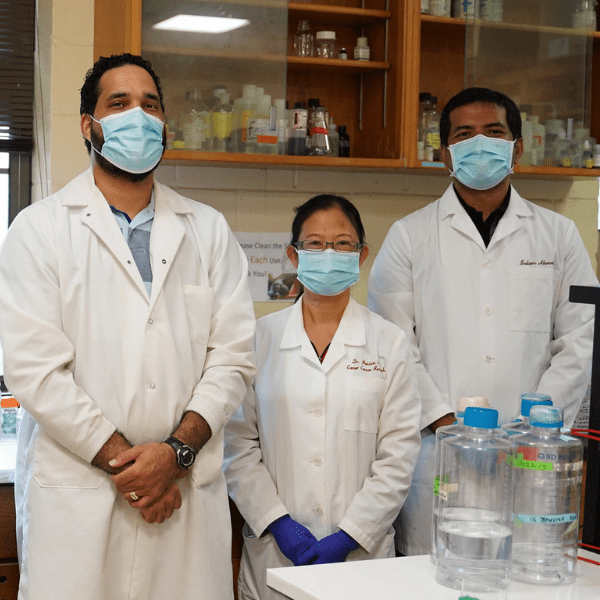
Tuskegee University, located in Tuskegee, Alabama, is an independent institution with distinctive strengths structured on solid foundations in the liberal arts.
The Tuskegee National Center for Bioethics in Research and Health Care, was established in 1997. It is the nation’s first bioethics center devoted to engaging the sciences, humanities, law, and religious faiths in the exploration of the core moral issues that underlie research and medical treatment of African Americans and other underserved people. Additionally, Tuskegee has established various outreach programs and has developed effective relationships with its surrounding communities.
Tuskegee’s Board of Trustees places research at the top of its goals and recognizes the importance of external research support and its impact on the development of students, faculty, and society. Tuskegee centers of excellence, academic colleges, schools, and other institutional units that participate in research are critical for addressing today’s global needs, including the Center for Biomedical Research (U54 MD007585), part of the NIH Research Centers in Minority Institutions (RCMI) program.
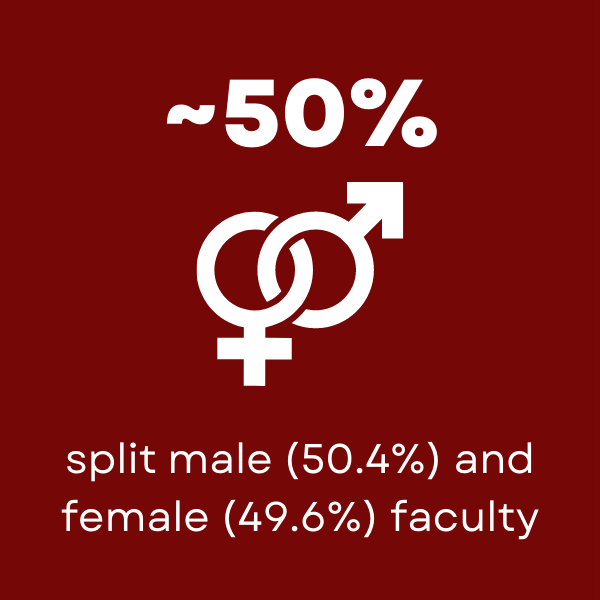
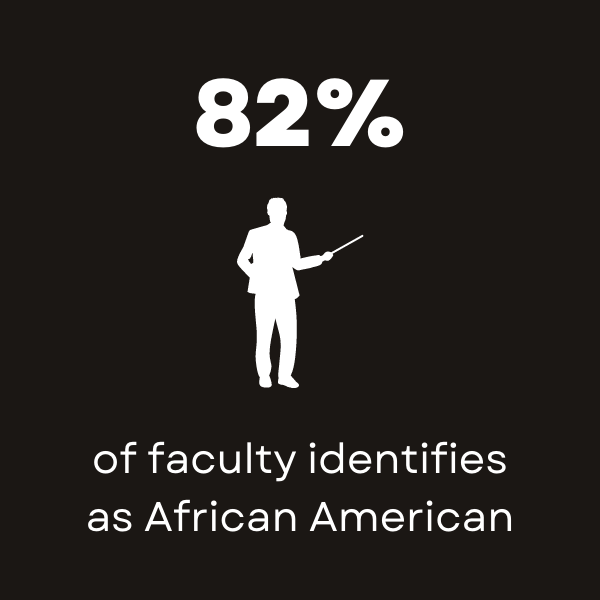
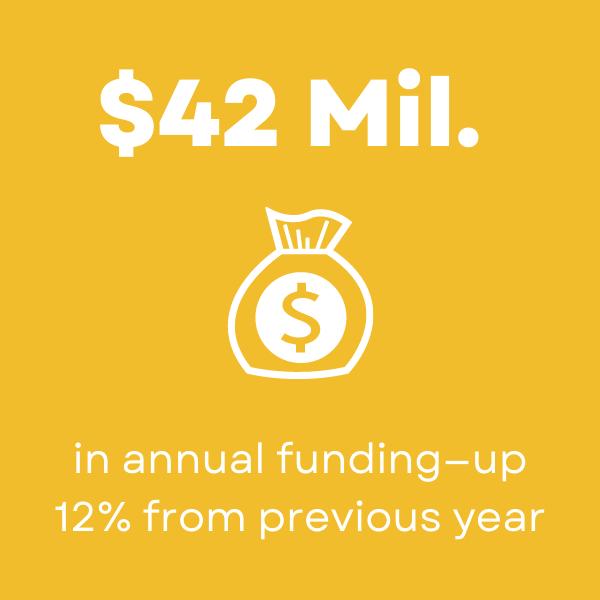
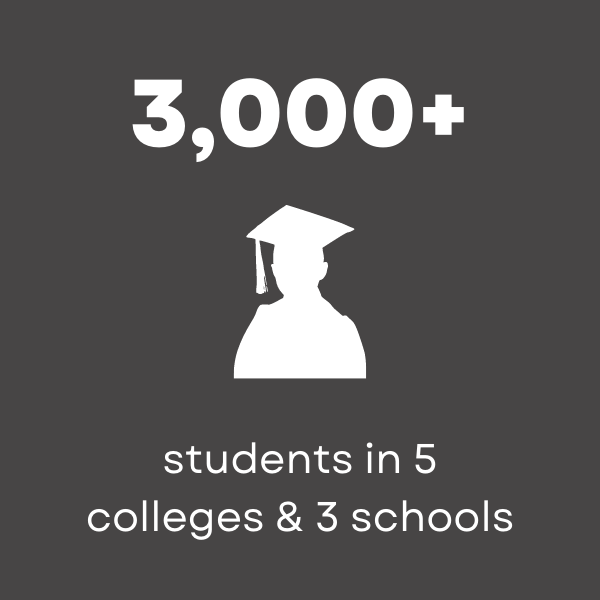
Full Institutional Commitment
With support from the Presidents and Provosts of both universities, as well as the Deans and Department Chairs of all participating colleges, schools, and departments, the FIRST Benjamin-Carver Scientist program has the full strength of two universities and the NIH pulling for the success of its members.
The infrastructure and support resources of the program, as well as the larger partnership between both institutions, are the results of careful planning and collaboration among established and early-career scientists. These scientists have worked to identify the common barriers and facilitators of a successful research career. After gathering information, they designed a comprehensive program to amplify the facilitators and eliminate the barriers. In our “What to Expect” section, we outline this comprehensive program that is backed by support from the highest levels of leadership at both institutions.
Funded by the NIH
The FIRST Benjamin-Carver Scientists program is supported by the NIH Common Fund’s Faculty Institutional Recruitment for Sustainable Transformation (FIRST) program. By focusing on both recruitment and institutional support for faculty, the goal is for this program to provide evidence-backed strategies that significantly impact excellence within research environments and ultimately the biomedical research workforce.

